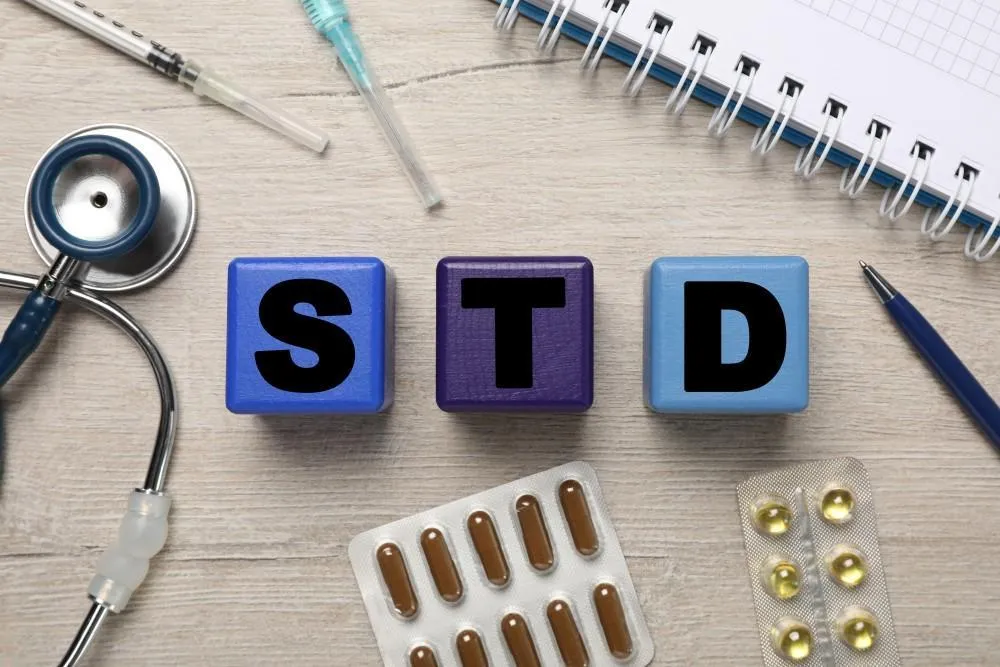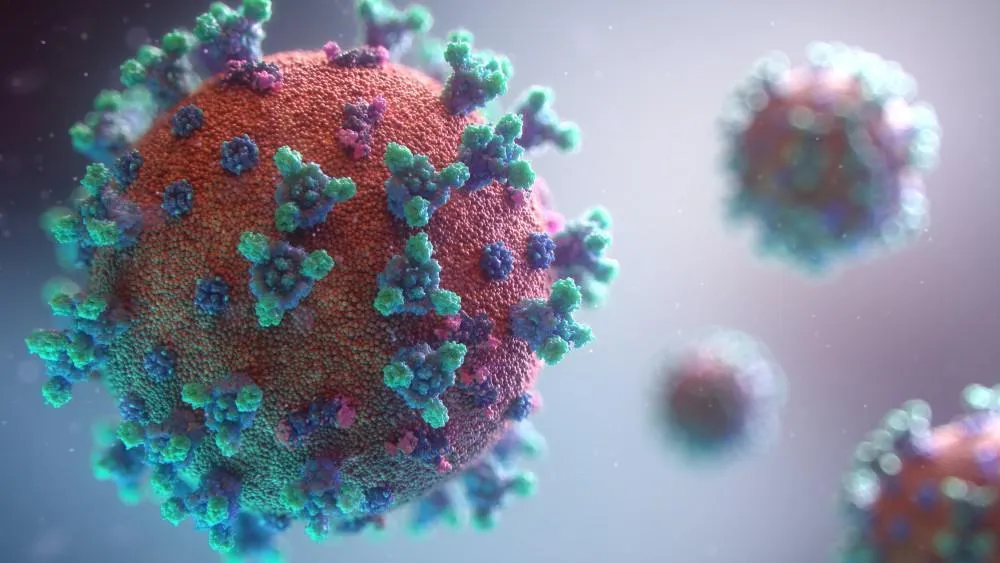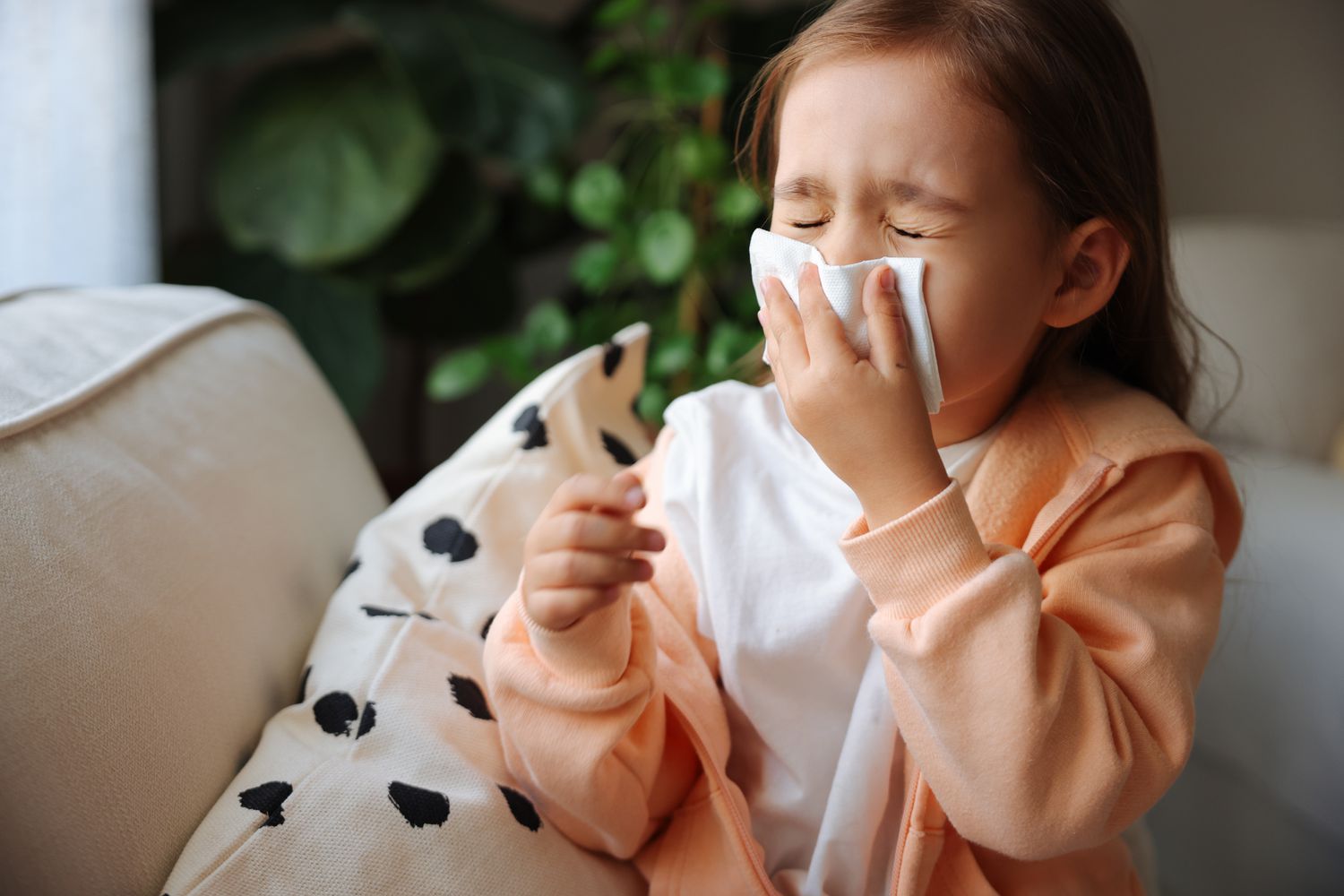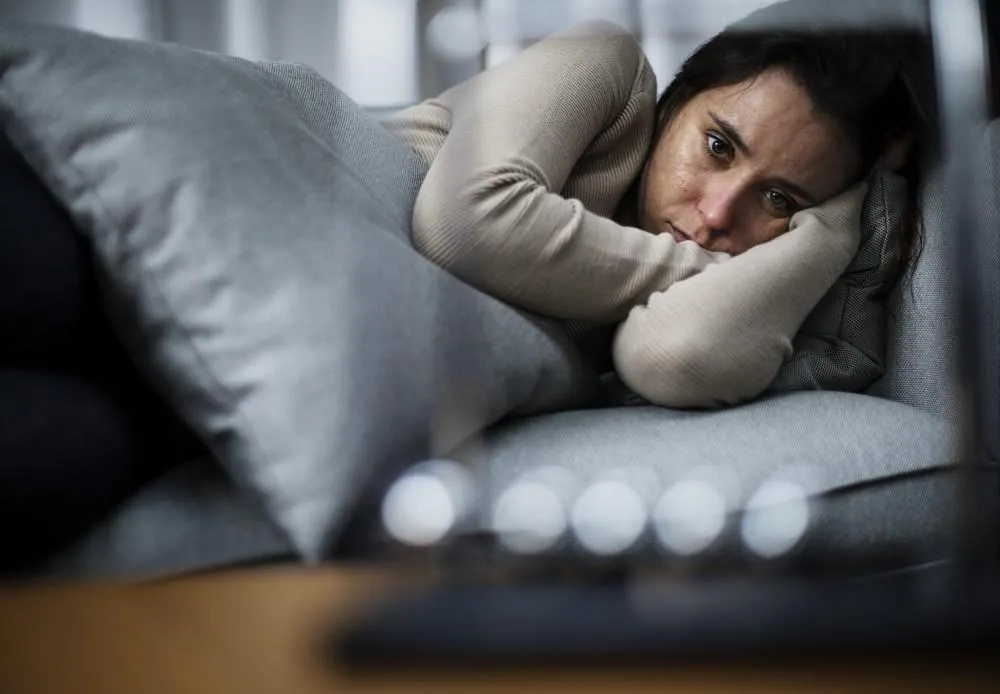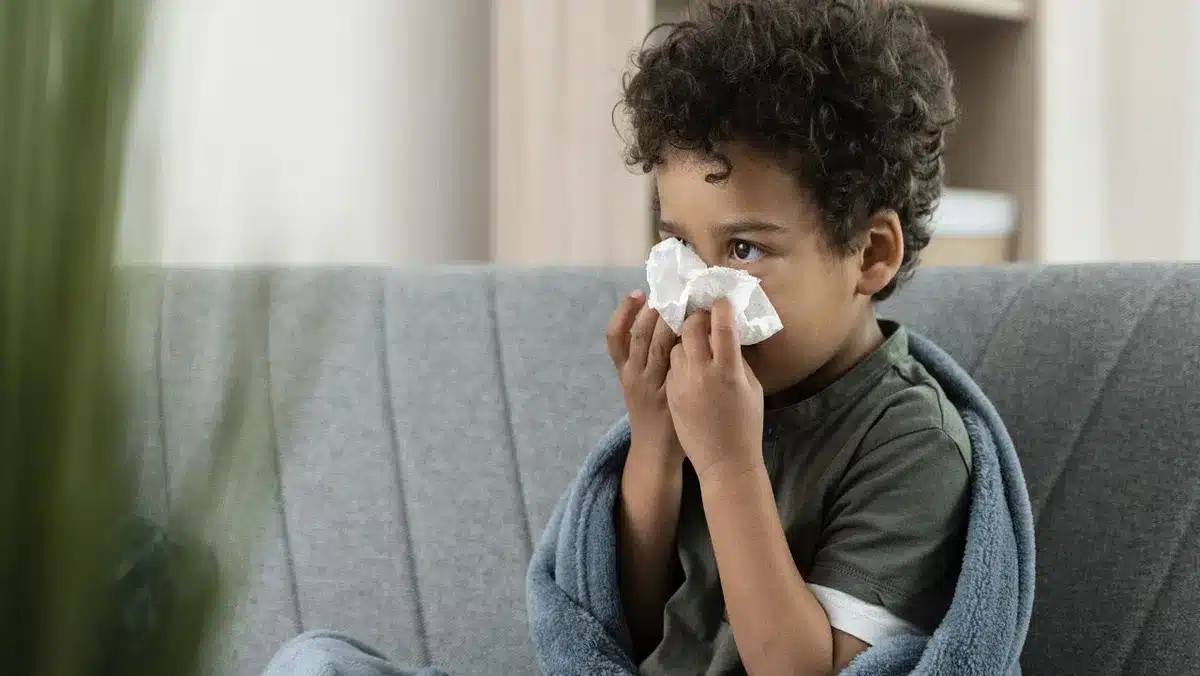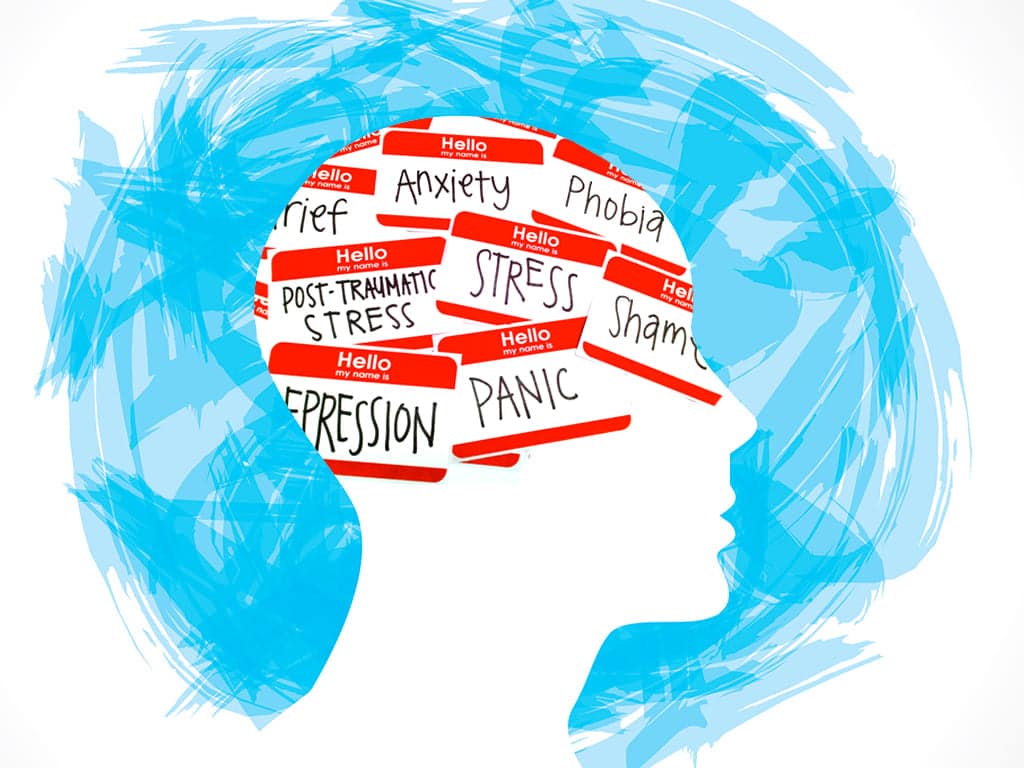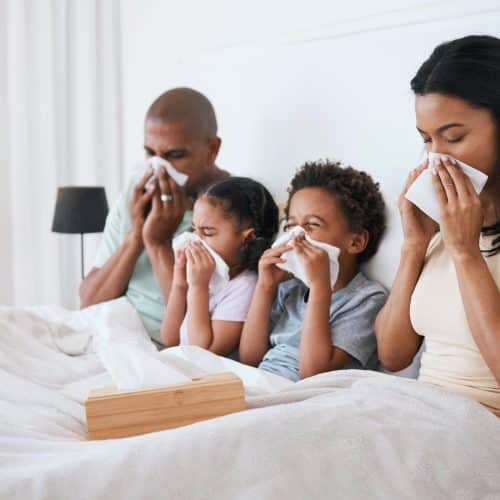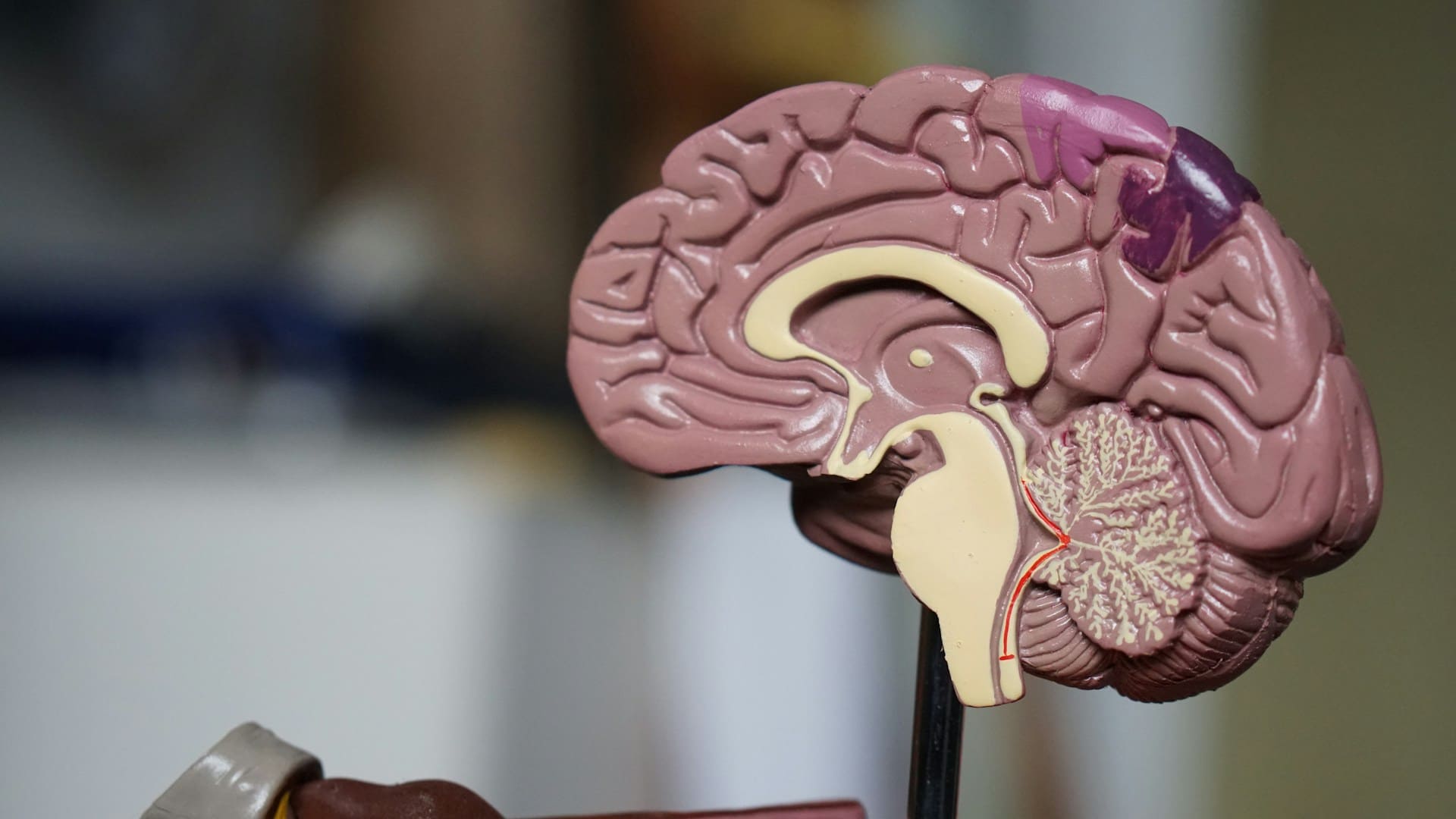Understanding Anxiety: What Is It?

Anxiety is a constant companion in our lives. This emotion is built into us by nature to warn us and to motivate us to successfully complete a difficult situation. How to manage anxiety?
Everyone has experienced anxiety, a negative emotion that encompasses a wide range of states. From vague uncertainty to intractable feelings, anxiety is the body’s normal response to stress. However, for some people, it can become overwhelming, seriously affecting their lives. Sometimes, fear can be a symptom of a specific medical condition.
According to the ADAA, about 40 million people in the United States deal with anxiety. It is the most common group of mental illnesses in the country. At the same time, only 36.9% of people with anxiety disorder receive proper treatment, that’s why watch signs anxiety is out of control.
The Importance of Managing Anxiety
Anxiety is a natural human emotion that signals a potential danger. However, tension can significantly impair the quality of life. Anxiety management is a set of techniques and strategies to reduce the level of stress.
Why is it important to control anxiety?
Chronic anxiety can lead to insomnia, fatigue, concentration problems, irritability, and even physical ailments. Managing anxiety can help restore emotional balance and improve your overall health.
It can negatively affect relationships with loved ones. Managing anxiety helps you become calmer and more confident, which has a positive effect on your interactions with others. Anxious thoughts distract from current tasks and reduce performance. Managing anxiety allows you to concentrate better and set mental health goals, examples of which include different practices.
If anxiety is ignored, it can develop into more serious mental disorders such as panic attacks or generalized stress disorder. There are different methods of managing anxiety, which we will discuss next.
Strategy 1: Mindfulness and Meditation
Meditation is a technique that helps many people cope with stress and boost their health. The advantages of meditation are substantiated in numerous scholarly research. These advantages include enhanced effects, lessened anxiety and depression, and alleviation of pain.
How to calm anxiety? Many meditation techniques exist, but they all aim to achieve the same purpose: quieting the mind and focusing on it. It is not difficult to master meditation. No special instruments or outfits are required to perform it. It can be performed alone, at the workplace, or even while traveling.
What is mindful practice? Mindfulness is about focusing on the activity you are doing. A person concentrates on sensations, smells, touch, sounds, taste, that is, on the process of the activity, distracting himself from heavy thoughts. Comprehensive mental health assessment also helps to understand anxiety triggers.
Strategy 2: Regular Physical Exercise
Physical activity stimulates the production of endorphins, which act as natural analgesics and have an antidepressant effect. They create a feeling of euphoria and joy and improve mood. Exercise helps to increase the level of serotonin in the brain. It regulates mood, sleep, appetite and mental state. Thus, sport helps to get rid of stress not only directly during activity, but also through normalization of sleep and nutrition.
How to reduce anxiety? Physical work triggers a small stress response in the body, which leads to the release of noradrenaline and adrenaline. Regular exercise helps the body adapt to stressful situations, promoting better control over the stress response in daily life.
Exercise promotes efficient oxygen delivery to organs, including the brain. This increases the body’s energy potential and mental alertness, including concentration.
Sports and stress are closely related because exercise suppresses anxiety levels, which favorably affects concentration. Physical activity regulates hormone levels, including those associated with stress.
Strategy 3: Deep Breathing Techniques
Deep breathing techniques are a powerful tool for managing anxiety by regulating the body’s natural stress response. When we feel anxious, breathing becomes shallow, which increases tension. Deep breathing helps counter this by slowing down the breath, activating the parasympathetic nervous system, and calming the body and mind.
A common method is diaphragmatic breathing, where you breathe deeply through the nose, allowing the abdomen to rise, hold the breath for a few seconds, and then slowly exhale through the mouth. This technique not only reduces immediate anxiety but also lowers heart rate and blood pressure, promoting long-term relaxation. Practicing deep breathing regularly can improve emotional control and prevent anxiety from escalating. It’s easy to integrate into daily life, making it a practical solution for individuals dealing with anxiety in both everyday situations and high-stress moments.
Strategy 4: Cognitive Behavioral Therapy (CBT)
Cognitive Behavioral Therapy (CBT) is an effective coping strategy for anxiety that helps to change negative thought patterns and behavioral reactions that trigger fear. The essence of CPT is to identify and change the perceptual distortions that increase feelings.
Patients learn to become aware of their thoughts, analyze them and replace irrational beliefs with more realistic and positive ones. In parallel, the therapist helps develop stress and fear management skills through gradual confrontation with frightening situations. CPT shows high results in reducing anxiety symptoms and improving quality of life.
Strategy 5: Healthy Sleep Habits
Serious sleep disorders, including insomnia, have long been recognized as anxiety triggers. An anxious person often thinks about his or her problems in bed, and this anxiety can interfere with sleep at night.
Sleep issues and depression are closely linked; poor sleep can heighten anxiety symptoms, while anxiety can disrupt sleep. Prioritizing regular, restful sleep helps balance mood, reduce stress, and improve mental resilience.
Key habits include establishing a consistent sleep schedule, creating a relaxing bedtime routine, and limiting screen time before bed. By improving sleep hygiene, you can help your body and mind better cope with the effects of anxiety.
Strategy 6: Balanced Diet and Nutrition
If you realize that you are constantly stressed and anxious, eating the right food can help to deal with anxiety. It turns out that foods high in magnesium can significantly improve emotional well-being. Studies have found that magnesium deficiency leads to increased stress. To provide your body with enough of this macronutrient, you need to eat spinach, sunflower seeds, sesame seeds, flax seeds and whole-grain bread. And magnesium is also rich in beans, peas, cocoa and products with it.
How does nutrition affect mental health? The best defense against stress is food rich in fiber, protein, magnesium, and probiotics—souring products that help the microflora of our body develop. That is, you should eat legumes, eggs, nuts, raw vegetables, whole-grain porridge, greens, fish, chicken, and turkey.
Strategy 7: Time Management and Setting Boundaries
These are essential strategies for managing anxiety. Poor time management can lead to overwhelming tasks and increased stress while setting boundaries helps prevent burnout. Start by prioritizing tasks, breaking them into manageable steps, and setting realistic deadlines. This reduces the pressure of feeling rushed or unprepared.
Equally important is learning to say “no” when needed. Establishing personal and professional boundaries protects your mental health by preventing over-commitment. By managing time wisely and setting limits, you create balance, which helps reduce anxiety triggers and maintain emotional well-being.
Strategy 8: Social Support and Communication
Social support plays an important role in self-care for anxiety. Socializing with loved ones helps to cope with negative emotions, creates a sense of support and reduces stress levels. When a person shares their worries with friends or family, they get an emotional release and can look at the problem from a new perspective. You should also know how to deal with stress and anxiety at school to help your kid if needed.
Joining therapeutic support groups or online therapy meetings allows you to get a sense of your emotions and learn how to overcome anxiety efficiently. In this context, tolerant and confident surroundings seem to be essential for the improvement of emotional health and recovery.
Strategy 9: Limiting Caffeine and Alcohol Intake
Limiting the amount of alcohol and caffeine consumed for anxiety relief improves overall health considerably. Though alcohol is sometimes considered to be relaxing, it can worsen anxiety as it destroys neurotransmitter equilibrium and might provoke mood changes and sleeplessness.
Caffeine is present in substances like coffee, energy drinks, and tea, which tend to stimulate the nervous system and bring about physical aspects of fear like a quick heart rate, increased sweating, or nervousness. Thus, avoiding anxiety triggers related to anxiety can be beneficial in relieving stress and enhancing sleep quality, along with the general well-being of the nervous system, enabling a better fight against anxiety.
Strategy 10: Professional Help When Needed
When it comes to the effective management of anxiety, there comes a time when professional assistance is most needed. This situation demands the active participation of a mental health professional – therapist, counselor, or psychiatrist – who offers individualized approaches, including therapy and medication when appropriate.
Seeking help and yearly physical ensures that the person gets the appropriate help and support that they need in order to cope with the tension in a healthy manner and be able to take control of their life again. Go ahead and look for causes of anxiety if you feel that way, as it is wise to do so because there are many options for treatment and the challenge does not have to be faced alone. Remember, looking for a professional is not a weakness; it is a step of importance.
Conclusion: Building a Personal Anxiety Management Plan
Building a personal anxiety management plan involves identifying individual triggers and incorporating a variety of coping strategies that suit your lifestyle. Start by understanding your causes of anxiety and setting achievable goals for improvement. Integrate techniques like deep breathing, regular exercise, and mindfulness practices. Recognize when to seek anxiety counseling in Maryland and remember that each step in the plan should be adaptable to changing circumstances, allowing for continuous growth, self-care and stress management.
If you’re struggling with these feelings, don’t hesitate to seek professional help. A therapist can provide valuable guidance and support to help you develop effective coping mechanisms. Remember, there are resources available to help you in managing anxiety and live a fulfilling life.



